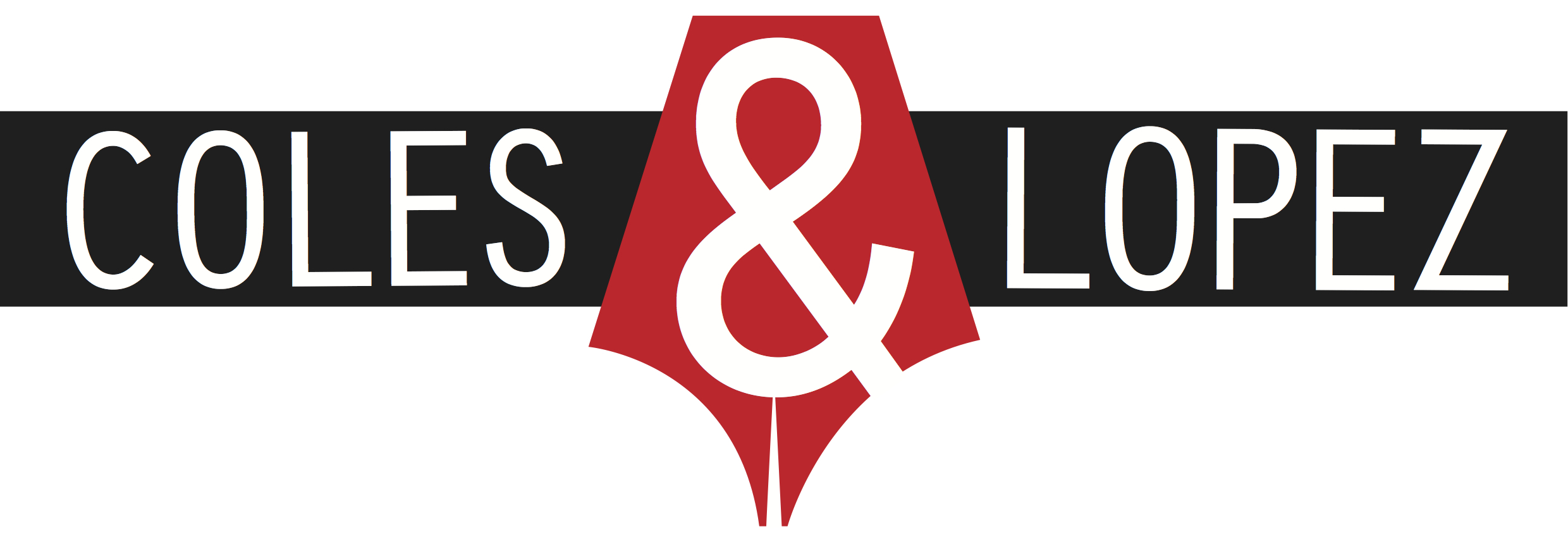His 'n' hers
Since this is my final post for 2016, it’s only fitting that I pay respect to some of the year’s biggest events – namely, three celeb break-ups that made me really sad. At the same time, we’ll talk about how to use apostrophes with compound possession.
The rule for nouns
First, we’ll talk about cases where both party names are nouns. Which of these sentences do you think is correct?
Liev and Naomi’s separation after 11 years together shocked Hollywood insiders.
Liev’s and Naomi’s separation after 11 years together shocked Hollywood insiders.
Liev and Naomi: a modern-day tragedy.
It all comes down to the nature of the thing being possessed. If it is jointly owned, only the final party takes a possessive apostrophe. If it is separately owned, both parties take their own apostrophe. If they share the possession, they also share the apostrophe. In this case, the thing being “possessed” is the separation, and it is jointly owned by both parties. It’s one separation that belongs to both Liev and Naomi, not two separations, one his and one hers. Therefore, the top sentence is correct – Liev doesn’t need his own apostrophe.
How about this example?
Drew and Will’s careers had seen them “living separate lives”, sources say.
Drew’s and Will’s careers had seen them “living separate lives”, sources say.
Here, the things in question – the careers – are separately owned. Drew has her career; Will has his. They don’t get to share the apostrophe, so Drew takes her own, meaning the bottom sentence is correct.
Here’s a trickier one:
Joshua and Diane’s friends have been supporting them through the break-up.
Joshua’s and Diane’s friends have been supporting them through the break-up.
Here, we can’t tell which is correct without knowing more information. Are these supportive people Joshua and Diane’s mutual friends? If so, the top sentence is correct. Are his friends supporting him while her friends support her? If so, the bottom sentence is correct.
The rule for pronouns
Now let’s move on to personal possessive pronouns: my, your, his, her, our and their. Imagine I’m Naomi Watts. (“It isn’t hard to do-ooo.”) Instead of writing Liev and Naomi’s, I would need to use the pronoun my. Based on the rule we learned above, you’d think the correct wording would be Liev and my separation – we jointly own our separation, so only the second party is possessive. However, that isn’t correct in this case. Whenever one or more pronouns are being used, both parties should be in possessive form. So I would actually have to write Liev’s and my separation. These examples would also be grammatically correct:
Your and her separation
Her and my careers
Drew’s and your careers
Diane’s and his friends
Note that in cases where there is one noun and one pronoun, like Diane’s and his, the pronoun should always go last – don’t write His and Diane’s friends.
In a nutshell
When both parties are nouns:
If the parties jointly own something, only the second party needs a possessive apostrophe (Liev and Naomi’s). If the parties separately own something, they both need possessive apostrophes (Liev’s and Naomi’s). In other words, if they share ownership, they also share the apostrophe.
When one or both parties are pronouns:
No matter whether the possession is joint or separate, both parties should be in possessive form (Liev’s and my; his and her). Where one party is a noun and one is a pronoun, the noun should always come first (don’t write my and Liev’s).

